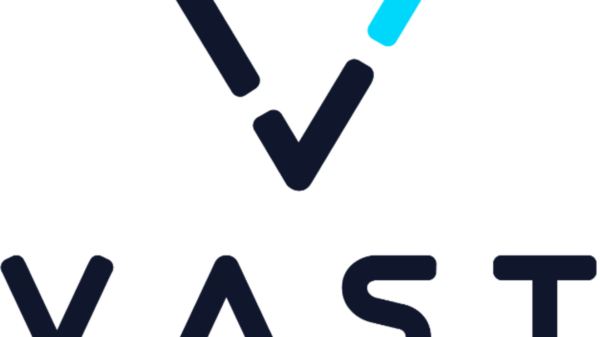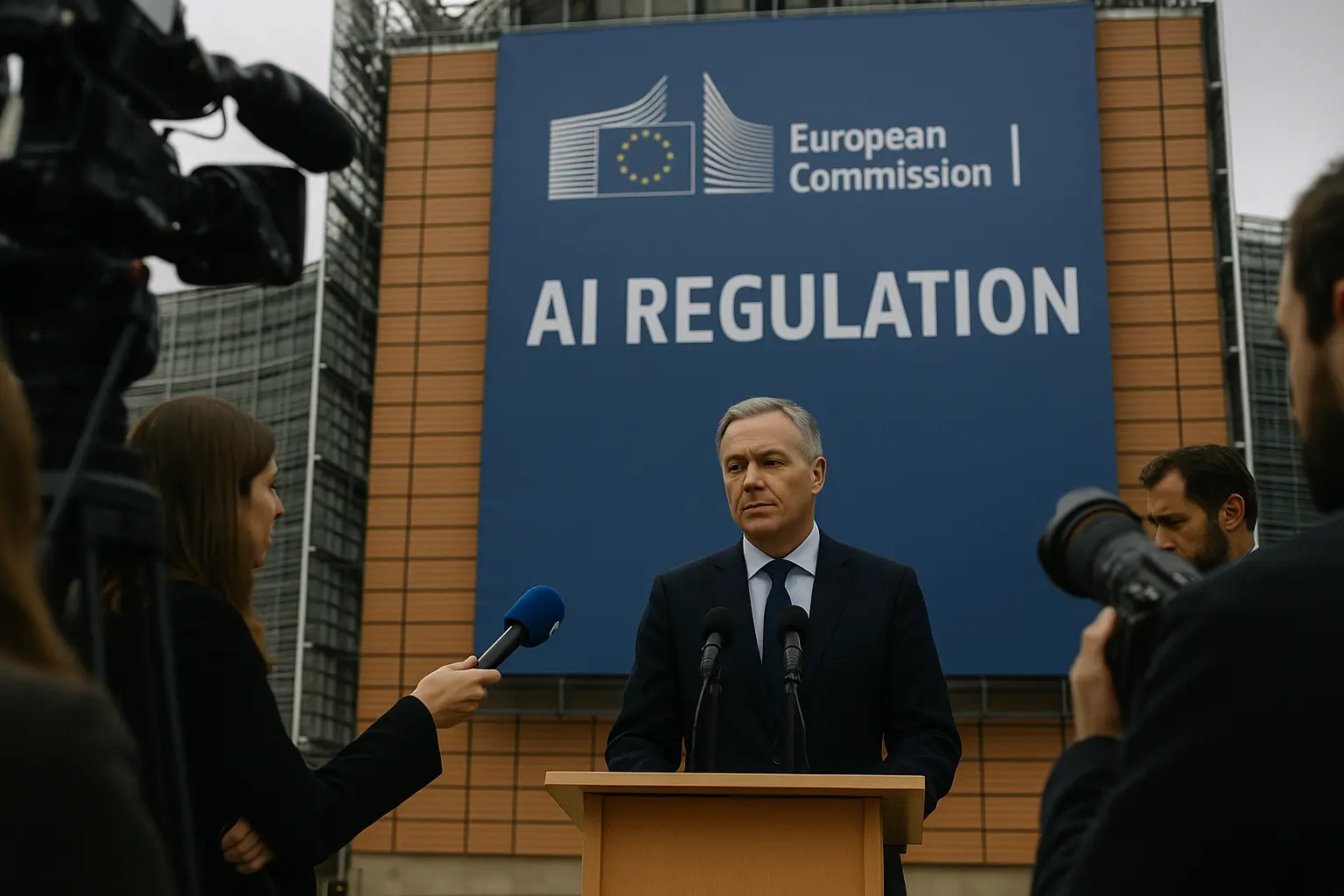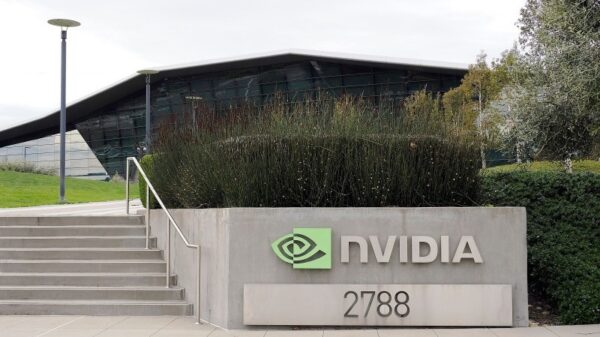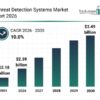The rapid advancement of Artificial Intelligence (AI) is ushering in an urgent need for robust ethical considerations and regulatory frameworks. Governments, international bodies, and industry leaders worldwide are grappling with the significant implications of AI, including issues like algorithmic bias, data privacy, and potential societal disruptions. The collective effort to establish clear guidelines and enforceable laws marks a pivotal moment in ensuring that AI technologies are developed responsibly, aligning with human values and safeguarding fundamental rights. The urgency of this task is underscored by AI’s pervasive integration into nearly every aspect of modern life, highlighting the need for governance frameworks that promote innovation alongside accountability and trust.
The push for comprehensive AI ethics and governance arises from the technology’s increasing sophistication and its dual capacity for profound benefits and significant harm. These frameworks aim to mitigate risks associated with phenomena like deepfakes and misinformation while ensuring fairness in AI-driven decision-making across critical sectors such as healthcare and finance. The global discourse has shifted from theoretical concerns to concrete actions, reflecting a consensus that without responsible guardrails, AI could exacerbate existing societal inequalities and erode public trust.
Global Regulatory Frameworks: A Growing Landscape
The global regulatory landscape for AI is evolving, characterized by a variety of approaches. The European Union (EU) is leading the way with its landmark AI Act, adopted in 2024 and set for full enforcement by August 2, 2026. This legislation utilizes a risk-based approach, categorizing AI systems into unacceptable, high, limited, and minimal risk. Notably, systems posing “unacceptable risk,” such as social scoring AI, are banned. High-risk AI, particularly in critical sectors like healthcare and law enforcement, will face stringent requirements, including continuous risk management and robust data governance to mitigate bias. A significant addition to this framework is the regulation of General-Purpose AI (GPAI) models with “systemic risk,” which will undergo model evaluations and adversarial testing.
In contrast, the United States employs a more decentralized, sector-specific approach, relying on executive orders and state-level initiatives rather than a singular federal law. President Biden’s Executive Order 14110, issued in October 2023, outlines over 100 actions across various policy areas, including safety, civil rights, and national security. The National Institute of Standards and Technology (NIST) has introduced a voluntary AI Risk Management Framework to assist organizations in assessing and managing AI risks.
Meanwhile, the United Kingdom has adopted a “pro-innovation,” principle-based model as articulated in its 2023 AI Regulation White Paper. This approach tasks existing regulators with applying five cross-sectoral principles: safety, transparency, fairness, accountability, and contestability. In contrast, China has implemented a comprehensive regulatory framework centered around state control and national interests. Its regulations, including the Interim Measures for Management of Generative Artificial Intelligence Services (2023), impose obligations on AI providers concerning content labeling and compliance, along with mandates for ethical review committees for sensitive AI activities.
Corporate Implications and Market Dynamics
The emergence of comprehensive AI ethics regulations will significantly reshape the business landscape for AI companies, from tech giants to startups. The EU AI Act, in particular, introduces compliance costs and necessitates operational shifts. Companies that prioritize ethical AI practices and governance can gain a competitive edge, enhancing their trust and brand reputation. New markets for firms specializing in AI compliance and ethical solutions are also emerging, providing essential services to navigate this complex environment.
For established tech giants like IBM, Microsoft, and Google, the compliance burden is substantial but manageable due to their resources. These companies often have established internal ethical frameworks, such as Google’s AI Principles and IBM’s AI Ethics Board. On the other hand, startups may find the cost of compliance daunting, potentially hindering their ability to innovate and enter markets, especially in regions with stringent regulations like the EU.
As the regulatory landscape evolves, strategic advantages will increasingly arise from a commitment to responsible AI. Companies demonstrating ethical practices can build a “trust halo” around their brand, attracting customers, investors, and top talent. Furthermore, engaging proactively with regulators and industry peers can influence future market access and regulatory directions, fostering a climate where innovation thrives alongside risk management.
The Path Ahead: Future Developments
The future of AI ethics and governance appears dynamic, with a surge in regulatory activity expected in the near term. The EU AI Act is likely to serve as a global benchmark, prompting similar policies internationally. As AI systems evolve, new governance approaches will be necessary to address the complexities of “agentic AI,” systems capable of autonomous functioning. Organizations will increasingly embed ethical AI practices throughout the innovation lifecycle, moving beyond abstract ethical statements to actual operationalization of ethics in AI projects.
Looking further ahead, experts predict that by 2030, we may see the development of autonomous governance systems capable of real-time ethical issue detection and correction. As AI’s capabilities expand, the need for flexible and adaptive regulatory frameworks will become increasingly critical. This era is not merely about regulating AI technologies; it is about defining their moral compass to ensure long-term, positive impacts on society.
This focus on AI ethics and governance marks a significant chapter in the journey of artificial intelligence, stressing that human-centric principles must guide its development. The implications of these evolving frameworks are profound, as they promise to shape a future where AI’s transformative potential is harnessed responsibly, fostering innovations that benefit society while carefully mitigating associated risks.
 Trump Administration Halts State AI Law Preemption Amid Legal and Political Challenges
Trump Administration Halts State AI Law Preemption Amid Legal and Political Challenges Nigeria Calls for Global Minerals Equity and AI Ethical Standards at G20 Summit
Nigeria Calls for Global Minerals Equity and AI Ethical Standards at G20 Summit Policymakers Unveil Three Divergent Approaches to Regulating AI for Mental Health
Policymakers Unveil Three Divergent Approaches to Regulating AI for Mental Health University of International Business and Economics Launches AI and Data Science School to Meet National Goals
University of International Business and Economics Launches AI and Data Science School to Meet National Goals Brussels Eases AI Regulations Amid Trump’s Push for Tech Industry Support
Brussels Eases AI Regulations Amid Trump’s Push for Tech Industry Support








































































